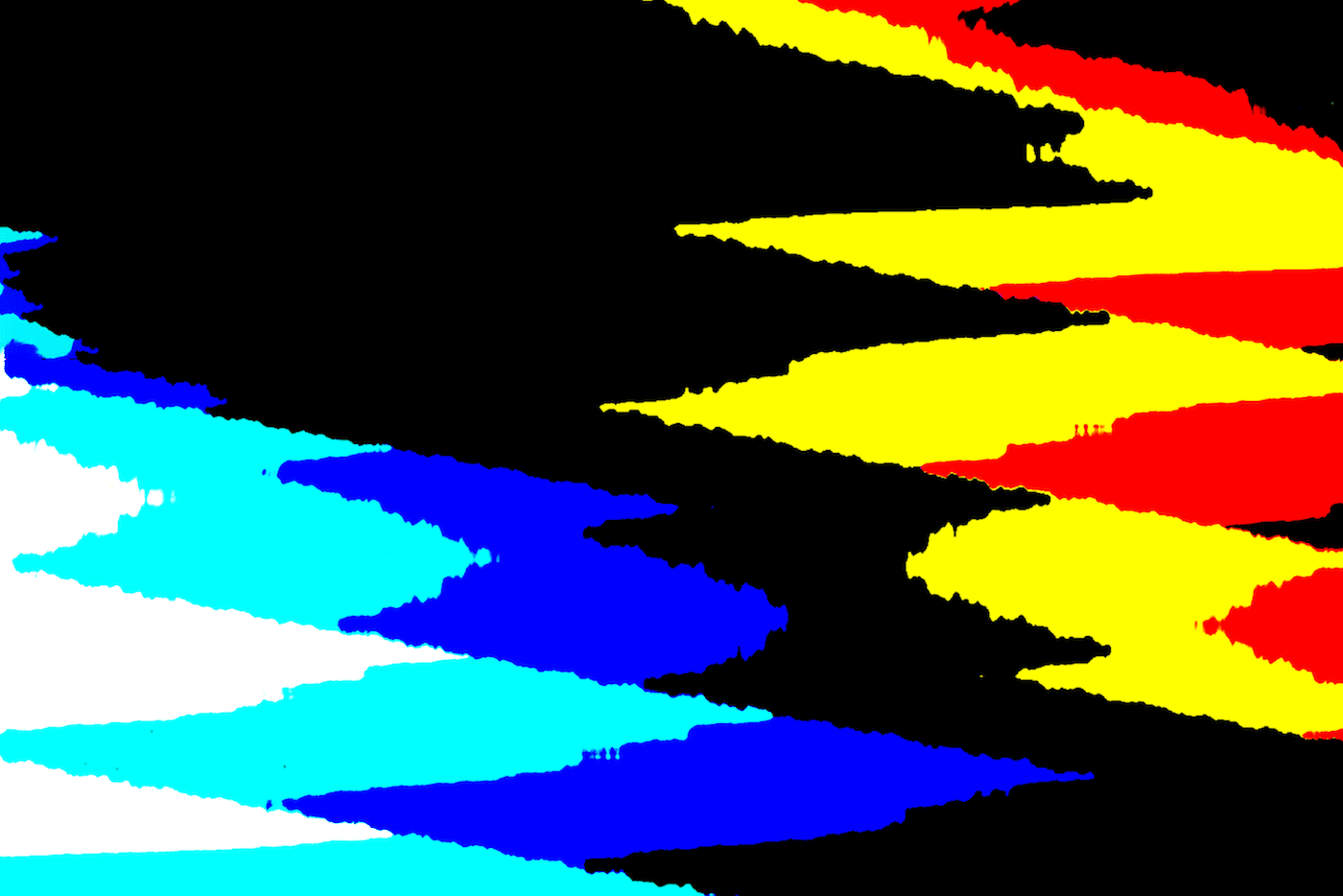Climate change research is based on observations of environmental phenomena and is fundamentally based on scientific data measured at specific sites, indicated in previous mappings as points of special interest. This information is transformed into scientific content in the most diverse areas of knowledge, including architecture and urban planning. Our proposal is to highlight the importance of fieldwork, such as monitoring the climate situation. We consider monitoring based on cross-methodologies. Consequently, as an unfolding of this specific knowledge, we highlight the steps involved in these research processes: the development of devices and sensors; data collection; subsequent analyses; data models and proposals based on previous monitoring. Thinking about sustainable development encompasses transdisciplinarity and collective work, without which urban planners would not approach the environmental complexity faced today. We invite you to debate monitoring as part of a consistent and transversal contribution to planetary emergencies.
Presentations:
The contribution of monitoring Alameda de Talca to the Río Claro Basin Study
Silvia Maciel Sávio Chataignier, Carlos Esse and Rodrigo Santander
The Christmas Real World Experiment (RME)
Jean Leite Tavares
Microclimate monitoring from open data: a case study in the Maré Complex (RJ)
Carolina Hartmann Galeazzi
Climate variability and trends in temperature, precipitation, and solar radiation in the states of São Paulo and Rio Grande do Norte: temporal analysis and regional implications
Camila Fernanda Aparecida Silva and Marcia Akemi Yamasoe
Climate change research starts from observations of environmental phenomena
Rodrigo Mendes de Souza
Possibilities and contradictions of urban and environmental instruments to face the climate crisis in Natal-RN
Sarah de Andrade e Andrade, Ruth Maria da Costa Ataíde, Venerando Eustáquio Amaro and Larissa Nóbrega Sousa
Free
Registration
Registrations must be made here.
Selection will be made in order of registration.
Registration will be open until the start of the activity, on site, as long as there are spaces available.


